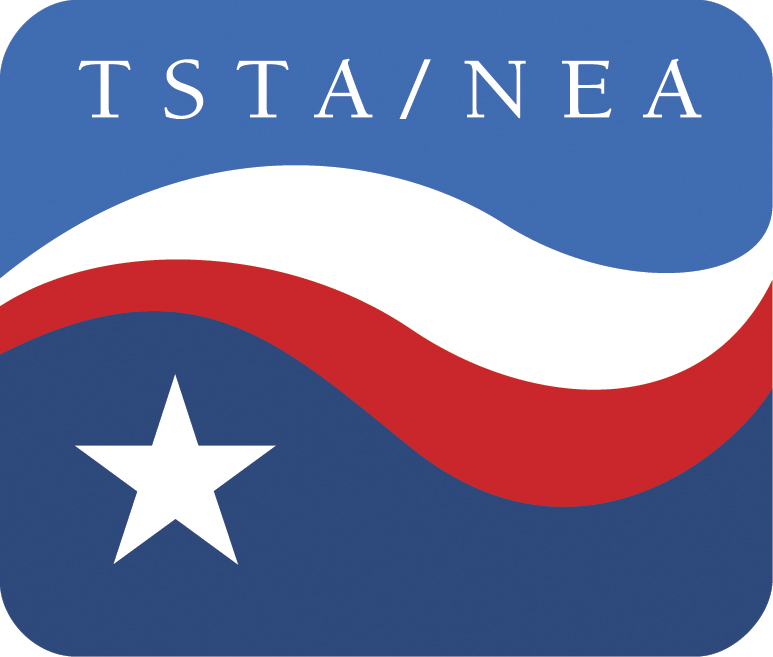TEA’s COVID guidelines include waivers for larger class sizes. What happened to social distancing?
Health experts and the Texas Education Agency recommend social distancing when schools reopen for in-person instruction, but no one can blame teachers for being worried about how well some school districts will enforce those guidelines. They could be very expensive for some districts, although worth every dollar in terms of students’ and school employees’ health.
Now, buried among TEA’s stream of COVID directives is another reason to give teachers and parents cause for worry. TEA has posted notice that the agency – even during a pandemic – will continue to entertain school district applications for waivers from the 22-1 class size limit for kindergarten through fourth grade.
Yep. You read that right. Districts, which should be significantly reducing class sizes to allow for social distancing, will still be allowed to apply for waivers to cram more than 22 students in a class in the lower grades. The law allows it, but it defies common sense and tempts fate, the fate of teachers, kids and their families. Even if the pandemic subsides enough to reopen school buildings, the coronavirus will be floating around for a while to come, and an overcrowded classroom is a virus feast waiting to begin.
During normal times, waivers are routinely granted. I hope that doesn’t happen this year, and so do thousands of educators.
Surely no districts will be seeking waivers for larger class sizes during this health emergency, you may say. I don’t know. Texas has more than 1,100 public school districts, the vast majority of which are underfunded by the state. And some of those districts are full of taxpayers who don’t like to pay for public schools or much of anything else in the way of public services and who still think COVID-19 is a hoax.
A class-size waiver may be very tempting for some of those school boards, with students and teachers suffering the consequences if waivers are granted. TEA needs to find room somewhere in those COVID guidelines to announce in big red letters: NO WAIVERS WILL BE GRANTED THIS YEAR.
